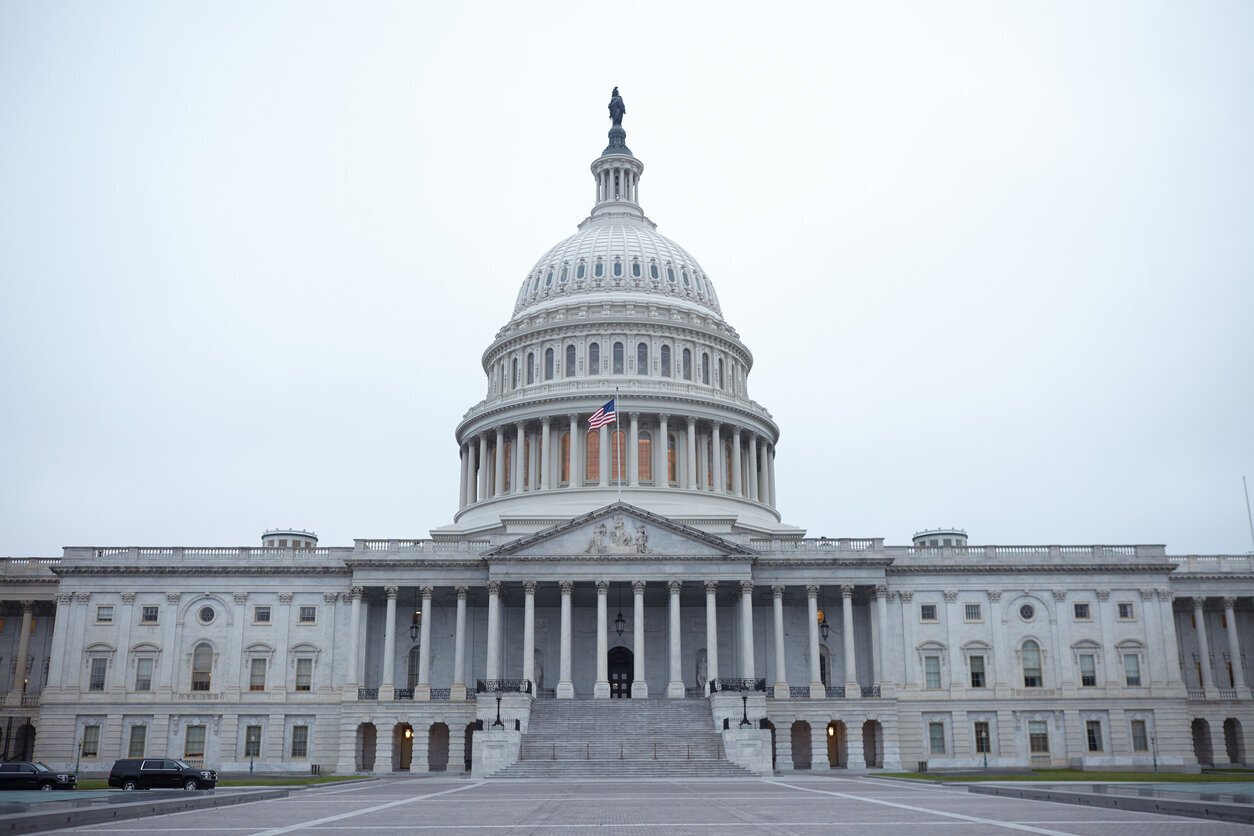Officials Lament Possibility of Another CR
With two weeks to go until government funding runs out on April 28, and considering Congress has not passed a budget on time for seven of the last eight years, Congress is working on borrowed time for its 2017 budget.
Down to the wire, lawmakers are locked in negotiations over a funding bill that would last until the end of September.
Republican leaders are pledging they’ll meet the deadline and avoid a short-term funding bill, but the talks face many obstacles.
Senate Minority Leader Charles Schumer (D-N.Y.) is warning the White House to stay on the sidelines of the talks, pledging that Democrats will oppose any bill that includes “poison pills”.
But Trump’s budget chief, Mick Mulvaney, says lawmakers need to include Trump’s priorities if they want the president to sign spending bills.
If Congress passes a full-year continuing resolution, officials are expecting contingencies similar to 2013’s sequestration that left agencies with billions of dollars less than they had planned for halfway through the year.
Military chiefs from Army, Navy, Air Force and Marine Corps all testified on Capitol Hill about why it’s important for Congress to pass a budget for 2017, now that five months of the fiscal year have elapsed.
“It’s the cumulative effect. We’ve been doing CRs now for eight years and a shutdown in [20]13,” U.S. Army Chief of Staff General Mark Milley said during a House Armed Services Committee hearing. “It’s like smoking cigarettes. One cigarette is not going to kill you, but you do that for eight, 10, 20 years, 30 years you’re eventually going to die of lung cancer.”
The chiefs railed against CRs and their new status as commonplace within the budget process.
Milley said the failure to pass a budget is “constitutional professional malpractice.”


